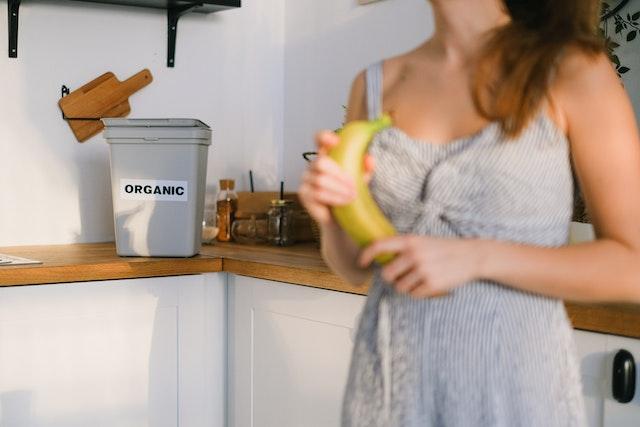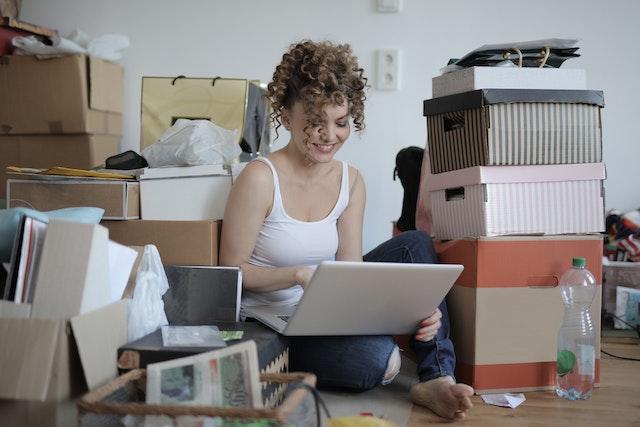
Today, every small gesture towards sustainability leaves an indelible mark on our planet’s well-being. Personal choices, often dismissed as insignificant, collectively culminate in lasting impacts. The foundation of this green movement is rooted not in grand schemes but in the intimate corners of our daily routines. As households worldwide are realizing to pave the way for significant environmental change, we must first start a successful home recycling program. This is not just about reducing waste; it’s about cultivating a mindset that prioritizes the planet in every action we undertake.
A Greener Footprint: Setting the Pathway to Change
The Earth whispers for help in the gentle rustling of the leaves and the ebb and flow of the tides. Yet, amidst the digital age and booming industries, the environment often falls second to modern conveniences. However, the spotlight on sustainability is shining brighter than ever. Each step toward a greener planet, no matter how small, creates ripples that inspire countless others to follow suit.

Imagine if your singular effort could inspire someone else to think bigger, do better, and bring about even more monumental changes. With this in mind, it’s essential to understand that our commitment to a sustainable future starts right at home. By exploring seven unique ways to start a successful home recycling program, you’ll be setting the stage for a greener future.
1. Understand Your Waste
Before implementing any recycling strategy, it’s crucial to dissect the nature and type of waste your household produces. Spend a week analyzing the trash, noting the most common items discarded. Are there more plastic containers than paper products? More organic waste than electronic items?
By distinguishing between biodegradable, non-biodegradable, and recyclable waste, you position yourself to create a system tailored to your home’s specific needs. This assessment helps lay down the groundwork for recycling and highlights areas where waste can be reduced at the source.
2. Reuse as Much as Possible
A significant aspect of sustainability lies in reusability. For example, let’s say you’re in the middle of the process of moving or decluttering spaces; consider the potential of the boxes at hand. Make sure to repurpose your used boxes, transforming them into storage solutions or DIY craft projects. By reusing moving boxes after the move, you emphasize a holistic approach to sustainability. Instead of viewing materials as single-use, the focus shifts to their lifecycle, urging us to get creative with resources and reduce the demand for new products. This is just one example. There are plenty of ways to reuse everyday items and give them new purposes.
3. Learning from the Gurus
Dipping into the pool of knowledge from experts in sustainable travel can offer a fresh perspective on home recycling. Their experiences in maintaining sustainability in varying environments and situations can shed light on innovative recycling strategies.
Hosting community workshops, joining online forums, or attending seminars can provide access to these reservoirs of knowledge. Their expertise might introduce you to lesser-known recycling methods, materials you never considered recyclable, or even community-based initiatives that magnify the impact of individual efforts.
4. Embrace Green Technology
In the age where technology intertwines with every facet of our lives, its role in fostering sustainability cannot be understated. In fact, technology is revolutionizing sustainable living with tools designed to aid the modern recycler.

The digital world offers many resources, from apps that locate the nearest recycling centers to smart home devices that manage energy usage efficiently. Integrating these tools into your home recycling program can simplify tasks, provide data for further improvement, and inspire family members to remain committed to the cause.
5. Involve the Whole Clan
The adage, “Unity is strength,” holds true even in the realm of sustainability. Initiating a recycling program as a solo endeavor can be taxing and less effective. Instead, involve all household members and motivate your family to be more eco-friendly by turning recycling into an engaging group activity.
Organize monthly reviews, where everyone shares their observations and suggestions. This inclusion not only distributes the responsibility but also harnesses the diverse insights of each member, leading to a more robust and holistic recycling program.
6. Set Up Dedicated Recycling Stations
A well-structured approach always yields superior outcomes. By designating specific areas or bins for different types of waste (e.g., paper, plastic, glass, and organic waste), you streamline the recycling process. This demarcation reduces confusion and prevents cross-contamination of recyclable items.
Furthermore, consider placing these stations at strategic points in your home where waste is most often generated – the kitchen for organic and packaging waste, the study for paper, and the living room for plastics. Such precise placements make the act of recycling more intuitive.
7. Regularly Review and Refine
Consistent success in any venture comes from regular introspection and course correction. Periodically assessing the efficacy of your recycling system is pivotal. Organize quarterly reviews to identify any bottlenecks, areas of confusion, or inefficiencies.

For instance, if certain bins are consistently overflowing, it might indicate the need for more frequent disposal or a larger container. Or if a particular waste category has reduced over time, it’s worth investigating the cause, which might lead to insights into consumption patterns. Being adaptive and responsive ensures the sustainability and effectiveness of your recycling endeavors.
Charting the Path Forward to a Sustainable Tomorrow
Each of us holds the power to craft a brighter, more sustainable future. A journey that begins with one single step can ripple into a monumental wave of change. By choosing to start a successful home recycling program, you’re not merely sorting trash; you’re embracing a philosophy that values resourcefulness and sustainability. With every recycled item, we inch closer to a world that breathes a little easier and shines a little brighter. Let your home be the beacon, inspiring others to follow in the same green footsteps. Together, our collective efforts can lead to a planet that’s healed, nurtured, and cherished for generations to come.
